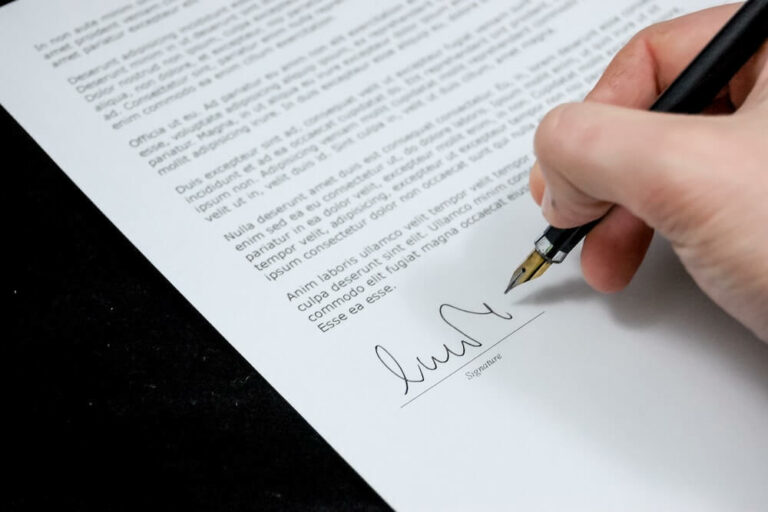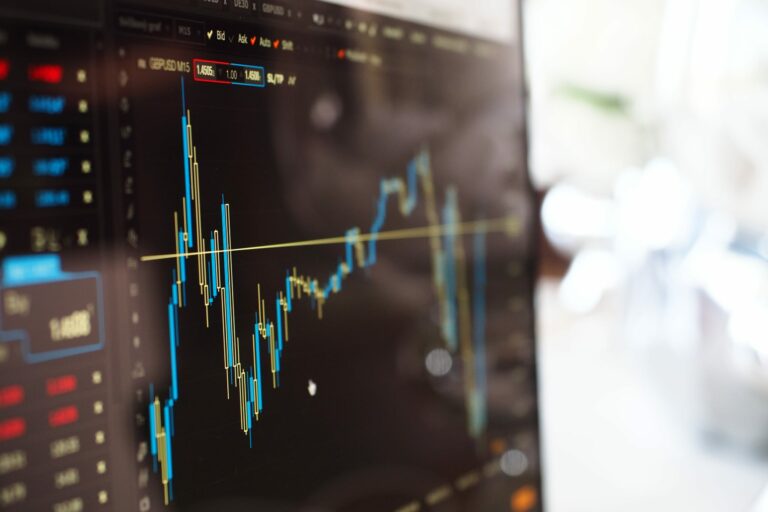In Les Echos: an opinion piece by Jean-François Serval on the trade war
Tribune Opinion |
International trade: how Europe can stand up to Trump
Europe cannot do without the almighty dollar. Faced with Donald Trump, we must prefer diplomacy to confrontation," says Jean-François Serval, Chairman of Groupe Audit Serval & Associés. Despite the tensions between the blocs, nobody can do without the role of the greenback, which accounts for more than 80 % of international trade," he points out in an article published in Les Echos on 31 January 2025.
Can the United States unilaterally take advantage of the balance of power that Donald Trump is threatening to impose on its economic partners? In other words, does America still have the power to remain in control of the game, when its new president no longer hesitates to express his territorial desires for friendly countries? Slogans are not enough to turn the United States back into a major industrial power. Does the US have any interest in radicalising the positions of the main players in international trade, when the global economic system allows it to reign over the world economy, whatever the cost? A system in which the power of the dollar forces the US economy's partners to finance its abysmal deficits. This mechanism requires unquestionable domination to maintain an advantageous balance of power, with its greenback and the power of its weapons, and the domination of its legal rules and financial standards. A supremacy that today rests on a debt of more than 30,000 billion dollars!
Playing on currency parities
In a global world, creditors and debtors are part of the same system. None of the players wants to be the one to undermine the edifice of trade built on the issuing capacity of the US Treasury. Despite the tensions between the blocs, no one can do without the role of the greenback, which accounts for more than 80 % of international trade. The fear of taking a leap into the unknown guarantees the durability of an edifice that is unbalanced but beneficial to many players, thanks to the dynamics of trade in an open economy. Despite Donald Trump's threatening words, this reality is more conducive to negotiation than to a trade conflict, with its incalculable risks for all parties. In this spirit of compromise, the most obvious solution is to rebalance trade. It consists of adjusting exchange parities, in line with the classic practice of monetary readjustments, and as already envisaged in the Bretton Woods agreements. The wisdom lies in allowing central banks to make the best possible assessment of the adjustment of parities in order to maintain market liquidity and regulate the volume of trade. This new monetary order, based on the fear of the risk of conflict, can only be envisaged within the framework of an agreement between the nations that determine the structure of trade in the global economy. Such a consensus would require a conference to initiate the first stage of a reform of the international monetary system. It would redefine a new balance of parities in the light of the reality of trade and, in the longer term, aim to regain control of "virtual" money creation, which is fuelling the drift towards indebtedness without any corresponding creation of wealth.
Reasonable compromise
This reconfiguration of parities would primarily affect trade in manufactured goods between the United States and China, but also the eurozone and the Middle Kingdom. As for the parity between the dollar and the euro, does it really merit a war? The integration of the American and European economies is a living reality where the interaction of companies on either side of the Atlantic is also based on a sense of shared culture. Any unilateral confrontational action is a threat that creates uncertainty for our Western partners.
The wisdom lies in enabling central banks to make the best possible assessment of the adjustment of parities to maintain market liquidity and regulate the volume of trade. A monetary policy redirected towards production by restoring interest rates favourable to the profitability of investment and which should enable both parties to respond to the same challenge: the rehabilitation of their industrial base as a stake in their place in a new world order under construction. Europe still needs to be prepared to defend a reasonable compromise position in the face of Donald Trump's desire to impose an unrestricted return to American supremacy.





